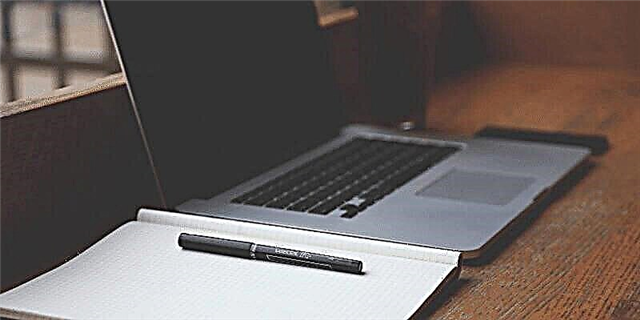All collectors want to impress other collectors and friends with their coin collection. At the same time, interacting with coins and showing them to other people can damage them. Here are 7 ways to spoil your coins without even realizing it. I've even seen professional coin sellers spit on their coins.
If you want to protect the investments that have been made in your collection, then learn how to properly clean, store, and also protect your coins from external influences.
Never do this with coins!
1. Paw coins
Even touching coins with your bare hands is enough to harm them. Particularly rare coins can be easily damaged by touching them with fingers that have been in contact with coins that are now in circulation, as well as with proofs. Your fingers contain butyric acids and tiny grains of sand that can stick to coins and cause discoloration and small scratches on the surface of coins. To avoid this, wear cotton, nitrile, or latex gloves on your hands.
2. Cleaning coins
Cleaning or polishing coins can do more harm than good to them (apart from coins that have been found in the ground with a metal detector). Metal undergoes oxidation or shading in air. If you remove it, the coin may lose its luster, become unattractive, and microscopic abrasions will appear on the surface, which will reduce the value of the coin.
3. Spitting on coins
Talking about coins can be as damaging as touching and cleaning them. If you leave the coins unprotected while you talk while breathing on them, the saliva that comes out of your mouth could get onto the coin. Saliva particles can cause discoloration that is difficult to remove. This is how many collectors ruined their coins. Whenever you say anything about your coins, make sure they are protected.
4. Destruction of holders
You will greatly reduce the value of sets of mints, proofs, commemorative coins, or encapsulated coins by removing them from standard seals. The packaging, together with the box or booklet (if any), is part of the “kit” and must remain intact. The same is with the coins, which were placed in special well-protected capsules. Never remove coins from these capsules unless there is an urgent need to remove the coin.
5. Expose to acids
Storing coins in paper envelopes or cardboard boxes with notes and other coins is a good way to damage them unless you use special paper for storage. Over time, the paper breaks and the coins are exposed to acids. This can lead to staining, discoloration and oxidation (shading) of bright surfaces. Buy only acid-resistant paper and cardboard to store your coin collection.
6. Expose to mucus
Another good way to cause stain and surface degradation on your coins is to store them in plastic flips, PVC-based holders, and boxes. Just as the acid in paper can harm your coins, chemical release from some plastics can damage coins over time. Therefore, storing coins in food containers can cause green mucus to appear on them, which will eventually severely damage them.
7. Expose to the environment
By storing coins in your attic or basement, you are likely exposing them to extreme temperatures and high humidity that can oxidize them. In addition, these conditions will quickly destroy the packaging for storing coins (such as flips, paper envelopes, cardboard holders, plastic containers, etc.). To preserve your coin collection, store them in a dry, temperature controlled environment, such as a safe or dedicated coin cabinet.
We recommend watching:
Coins can be cleaned at home. How to do this without special tools? How to avoid mistakes when cleaning coins?



